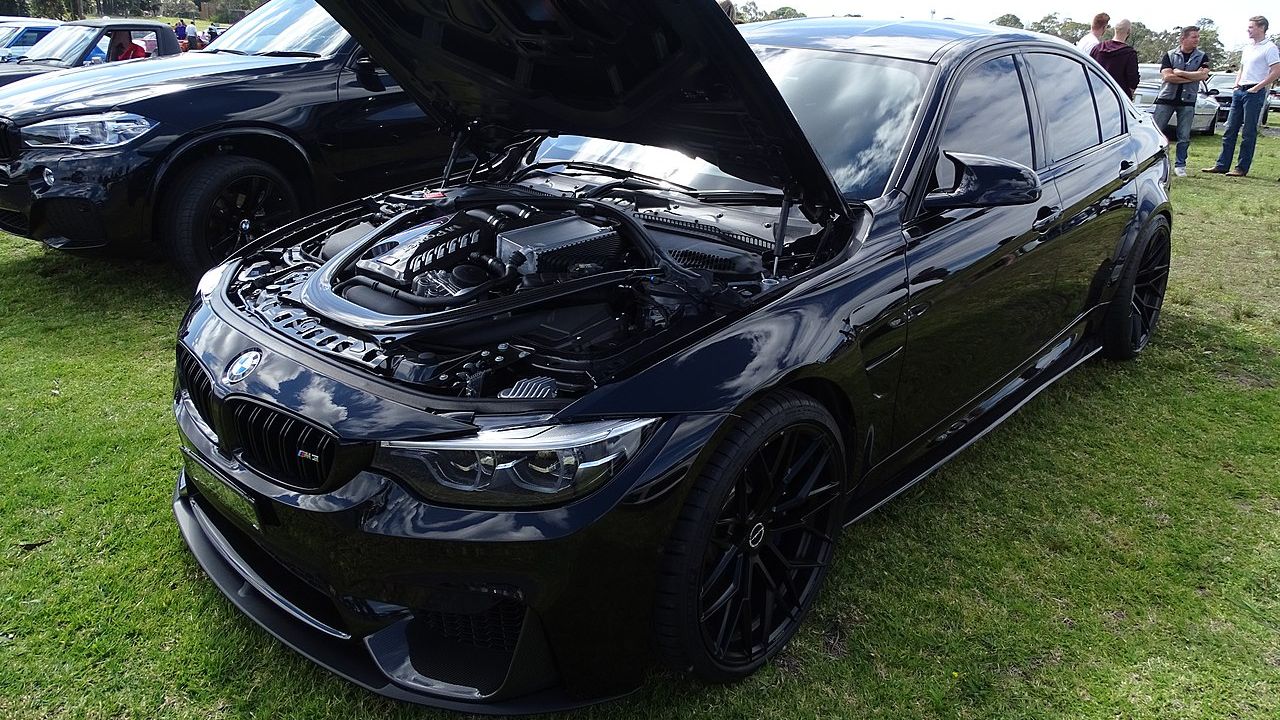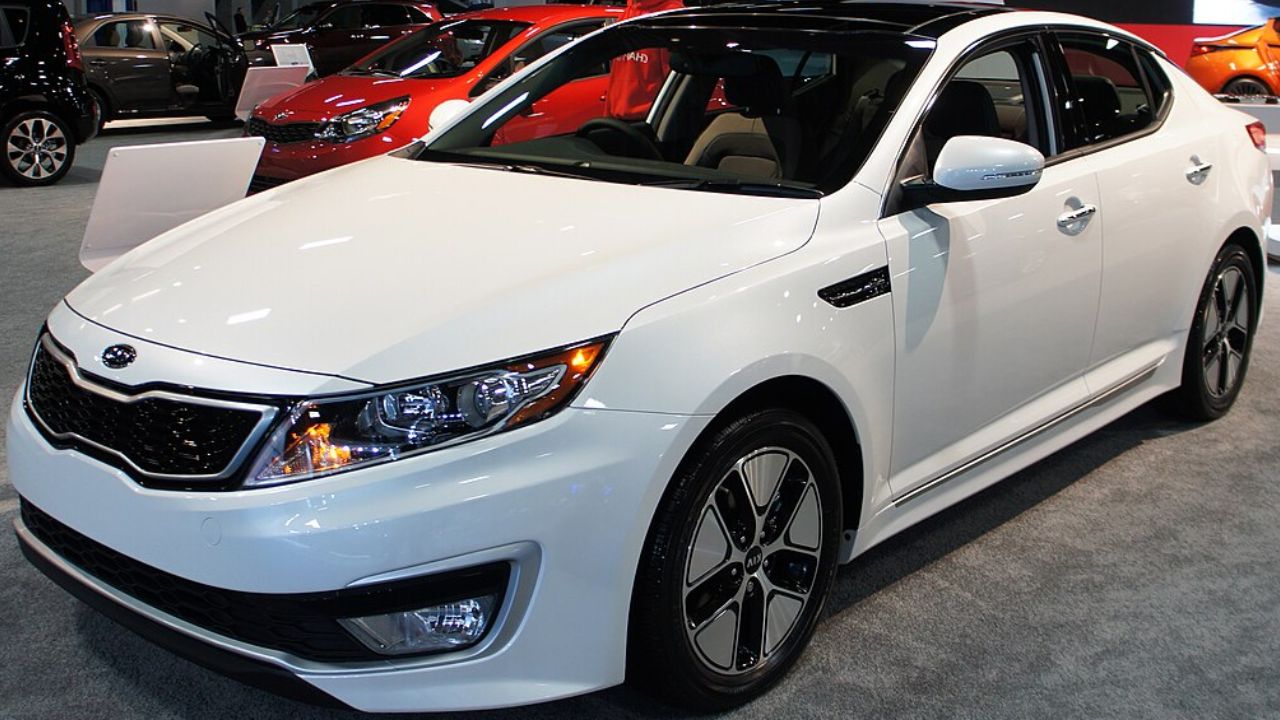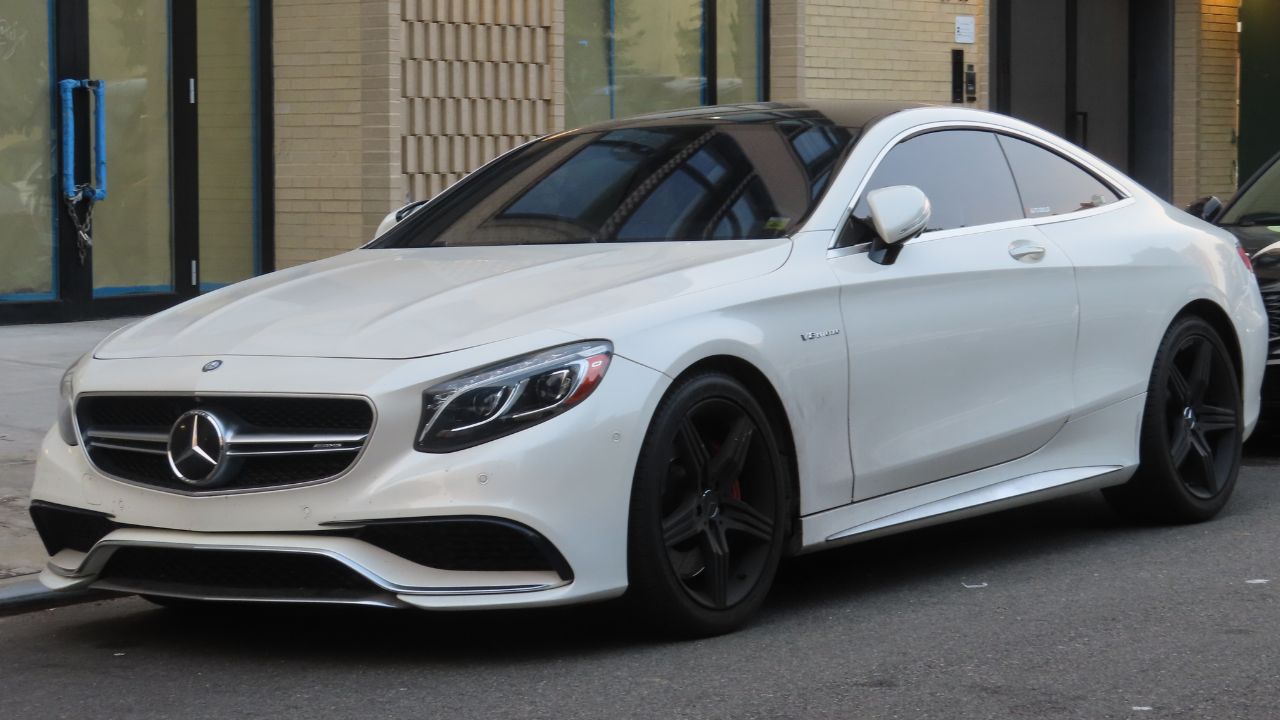Performance modifications, from turbochargers to ECU remaps, are popular among car enthusiasts looking to enhance speed and power. However, these upgrades often raise concerns about their impact on the long-term reliability of vehicles. Exploring how performance mods affect vehicle durability and what factors contribute to potential reliability issues is crucial for enthusiasts and everyday drivers alike.
Understanding Performance Modifications
Performance modifications encompass a broad range of enhancements that can be made to a vehicle. These include engine upgrades such as turbochargers and superchargers, suspension tweaks for improved handling, and exhaust system modifications for better airflow and sound. For instance, a 2020 Ford Mustang might see an increase in horsepower through a high-performance cold air intake system and a custom exhaust manifold. These modifications often enhance the driving experience by increasing power, improving handling, or even just adding aesthetic appeal.
Car enthusiasts are drawn to performance mods for various reasons, with one of the primary motivations being the quest for speed and power. Upgrades like an ECU remap on a 2019 BMW M3 can unlock additional horsepower and torque, giving drivers a more exhilarating ride. However, the appeal isn’t limited to performance alone; some modders seek to enhance the appearance of their vehicles, like adding body kits to a 2021 Honda Civic. Despite the benefits, there are misconceptions, such as the belief that all performance mods are harmful to a vehicle’s longevity. While some mods can stress components, others can be relatively benign if carefully chosen and installed.
Impact on Engine and Drivetrain
One of the most significant effects of performance modifications is the increased stress on engine components. For example, fitting a turbocharger to a naturally aspirated 2018 Mazda MX-5 can dramatically increase the engine’s power output but also demands more from the engine’s internal components. This added stress can lead to accelerated wear and tear, particularly if the vehicle isn’t designed to handle such enhancements. It’s crucial to consider how these modifications might affect the engine’s long-term reliability.
Drivetrain compatibility is another crucial factor to consider. Many vehicles, such as the 2022 Subaru WRX, are engineered with a specific power output in mind. Introducing modifications that exceed these limits can lead to issues like clutch slippage or even transmission failure. The choice between OEM and aftermarket parts is also significant. While OEM parts are tested and approved by manufacturers, aftermarket components can vary widely in quality, potentially impacting reliability. A well-manufactured aftermarket part might perform better than an OEM part, but poorly made components could lead to premature failure.
Effects on Vehicle Warranty and Insurance
One of the primary concerns for vehicle owners contemplating performance modifications is the potential impact on the manufacturer’s warranty. Many manufacturers, such as Toyota, clearly state that unauthorized modifications to vehicles like the 2023 Toyota Supra could void parts of or the entire warranty. This leaves owners responsible for repair costs if something goes wrong with a modified component. It’s vital to understand these implications before proceeding with any modifications.

Insurance considerations are another critical aspect to consider. Modifying a vehicle can lead to increased insurance premiums, as insurers often view performance mods as higher risk. A modified 2021 Chevrolet Camaro might incur higher premiums due to the perceived increased chances of accidents or theft. Additionally, legal and regulatory issues can arise, particularly if modifications fail to meet road safety standards. Many regions require specific certifications or inspections for modified vehicles, and failing to comply with these regulations can result in fines or other penalties.
Strategies to Mitigate Reliability Risks
To minimize potential risks associated with performance mods, professional installation and tuning are essential. Experienced professionals can ensure that modifications are properly fitted and tuned to the specific vehicle, reducing the likelihood of issues. For instance, having a professional tune a 2024 Audi RS3 after installing a new turbocharger can help ensure the engine runs smoothly and efficiently.
Regular maintenance and monitoring are equally important for maintaining long-term reliability. Performance-modified vehicles often require more frequent checks to catch and address issues early. Owners of a modified 2025 Ford Focus ST might need to monitor engine performance and fluid levels more closely to prevent unexpected failures. Selecting the right modifications is also crucial. Choosing mods that align with the vehicle’s capabilities and intended use can help maintain reliability while still achieving desired performance improvements.
Real-World Examples and Case Studies
There are numerous examples of vehicles that have successfully integrated performance mods without sacrificing reliability. For instance, a well-maintained 2017 Volkswagen Golf GTI with upgraded suspension and brakes can offer enhanced handling without compromising its dependability. These success stories often involve careful planning and attention to detail, ensuring each modification complements the vehicle’s existing systems.
Conversely, there are lessons to be learned from cases where performance mods led to significant reliability issues. A notable example is a 2016 Dodge Challenger that experienced engine failure after an improperly installed supercharger pushed the engine beyond its limits. Such failures highlight the importance of professional installation and adherence to the vehicle’s capabilities. Expert opinions from automotive professionals often emphasize best practices for balancing performance enhancements with vehicle longevity, such as opting for high-quality components and considering the overall impact of each modification.
Like Fast Lane Only’s content? Be sure to follow us.
Here’s more from us:
*Created with AI assistance and editor review.






Leave a Reply